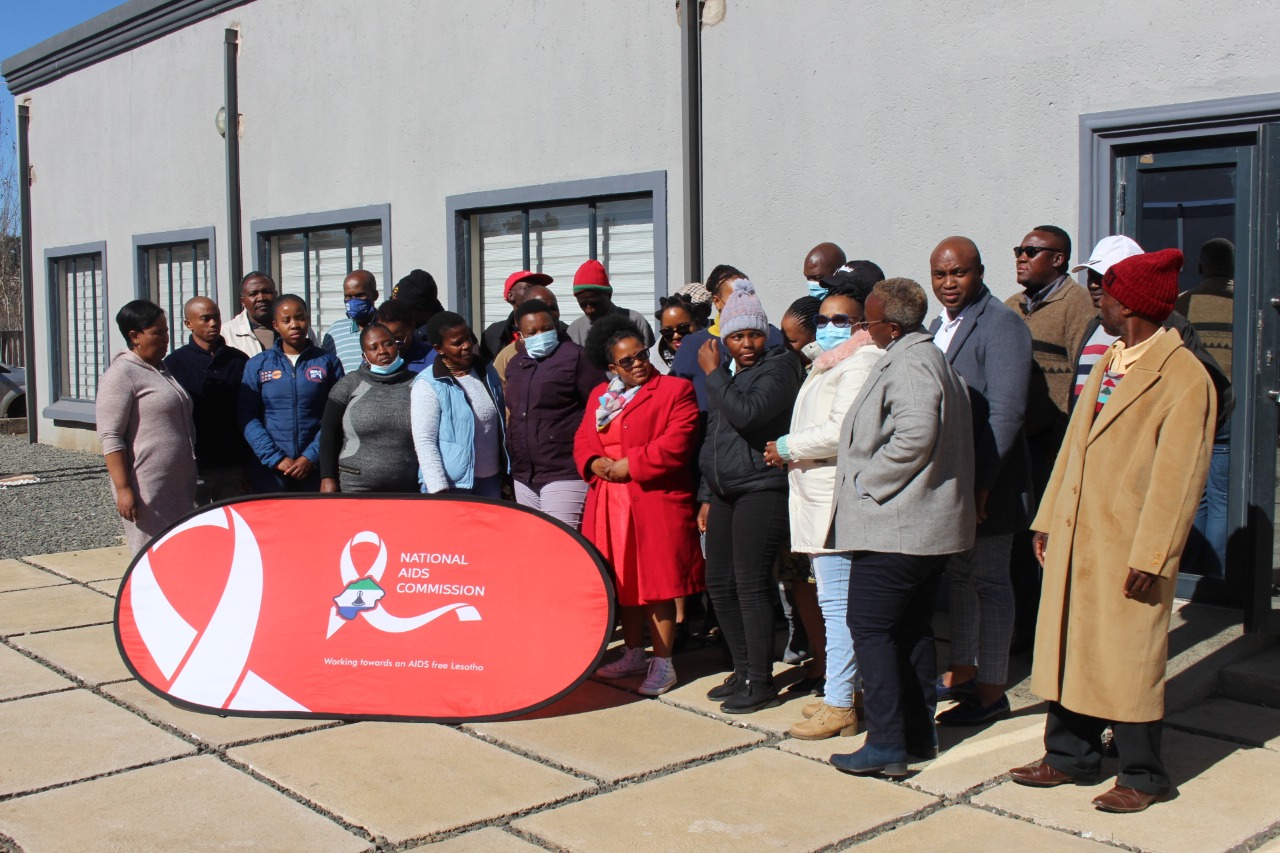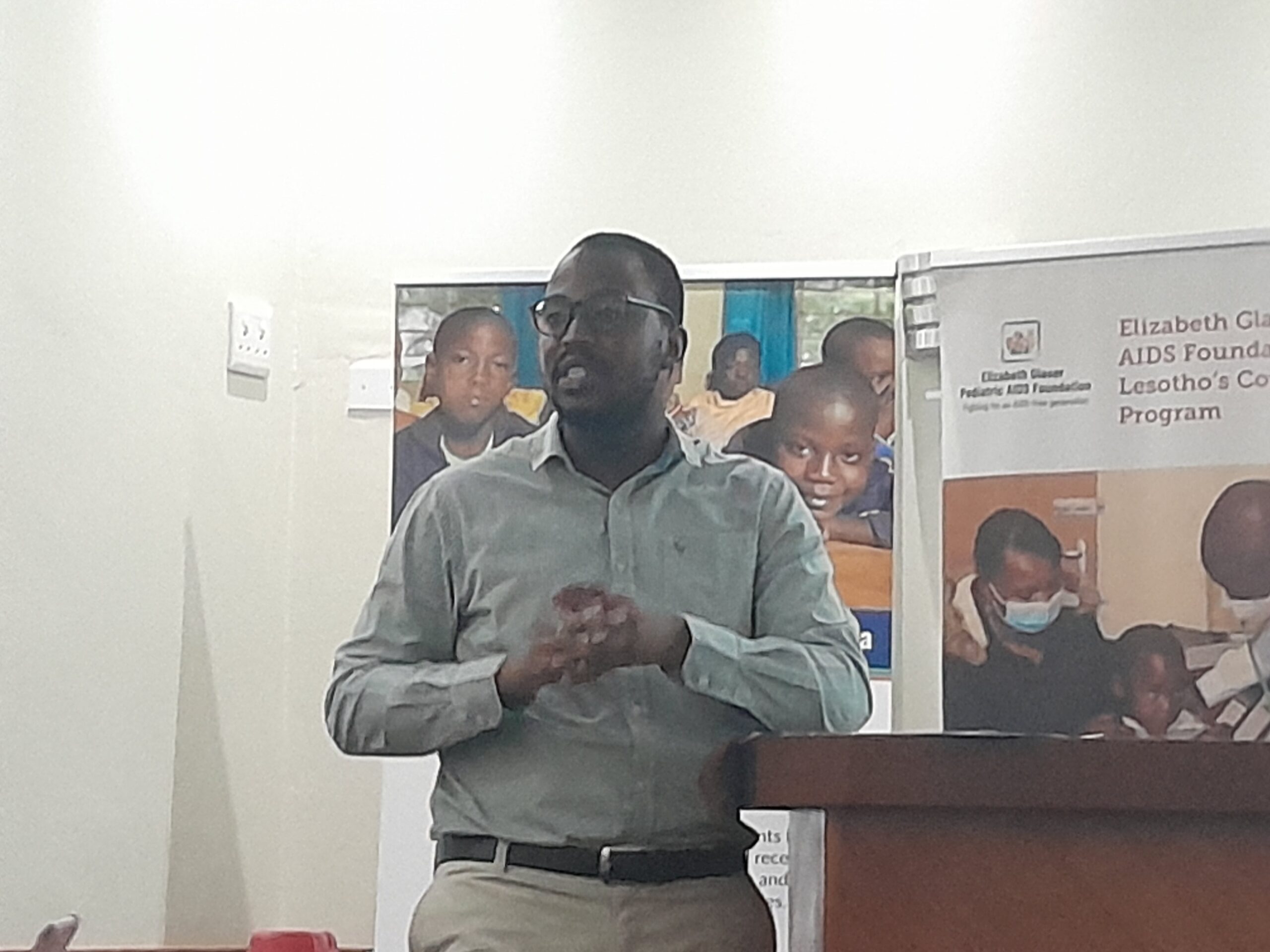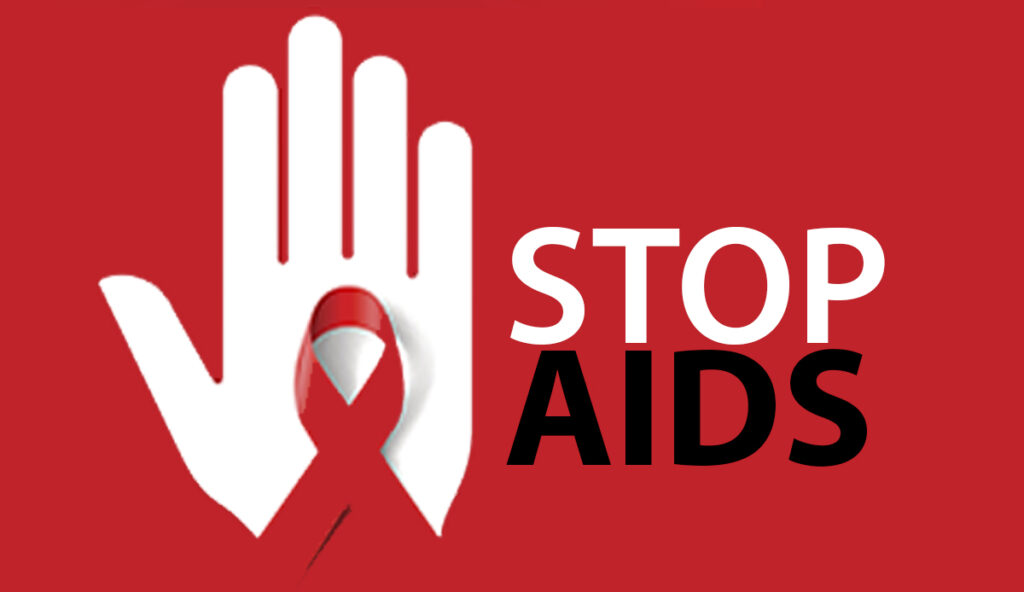…More countries fail to combat New HIV Infections
Ntsoaki Motaung
With 1.5 million new HIV infections recorded last year across the world, the UNAIDS revealed the virus remains a crisis for the world.
Pepukal Chikukwe, UNAIDS Country Director Lesotho noted that member countries had vowed to reduce HIV infections to at least 500 000 infections by 2020.
“All of the countries agreed to reduce new HIV infections to 500 000 per year,†she said.
Chikukwe stated that in 2021 the world saw 1.5 million new HIV infections which are 1 million more than the target that was set.
“It means we are failing in achieving the set targets. The world has also experienced the lowest drop in new HIV infections from year to year by 3.6 percent from 2020 to 2021 and that is the lowest decline since 2016. From 2016 our declines have been averaging 10 percent or more but in the last year or so, it was only 3.6 percent,†she explained.
She said this is reflected in the Global AIDS Update published in July this year which also shows that, UNAIDS noted with concern that, the HIV response is in ‘Danger’.
During the last two years of COVID-19, and other global crises, progress against the HIV pandemic has faltered.
Chikukwe said on the other hand resources have been shrinking, with many major bilateral donors reducing international assistance for AIDS, some by over 57 percent.
“…meanwhile, low and middle-income countries including Lesotho struggle under the greater fiscal burdens caused by the COVID-19 pandemic,†she said.
The Chief Executive of National Aids Commission (NAC) Lebohang Mothae however noted that Lesotho as a country has progressed well in the response against HIV as reflected in LePHIA 2020 and the medium-term review of the national HIV and AIDS strategic plan.
“… But, we are also on a very fragile state because if we don’t in anyway attend or address the inequalities related to HIV. We will simply just regress and we cannot afford to regress as a country,†she said.
She stated that the country has achieved beyond the 90 90 90 targets, but it was realised that now, within the lap, the progress is slow.
“And because of the risks that are there, that are persisting from time to time we are actually going to be in danger if we do not act at a faster pace than the inequalities and the risks that we are confronting,†Mothae said.
She said within the country, one of the things that must be dealt with as part of the inequalities is gender inequality.
“The gender inequality that we see culminating into gender based violence, which include sexual offences and intimate partner violence, the inequality that lead us to having a high number of early and unintended pregnancies, early marriages are the type of inequality that puts a huge risk on adolescent girls and young women.â€
According to Mothae, the country is stilled faced with low access and uptake of services among young people.
She further noted that key population continue having access difficulty on health services particularly those of HIV.

Your Trusted Source for News and Insights in Lesotho!
At Newsday Media, we are passionate about delivering accurate, timely, and engaging news and multimedia content to our diverse audience. Founded with the vision of revolutionizing the media landscape in Lesotho, we have grown into a leading hybrid media company that blends traditional journalism with innovative digital platforms.












